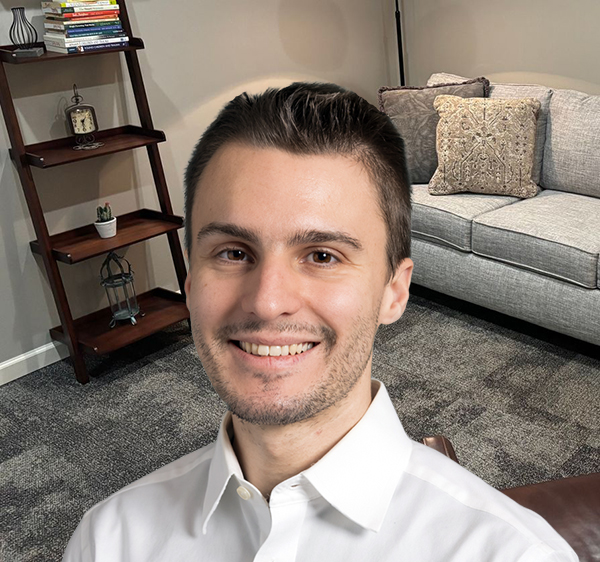If you recently started therapy, chances are you were at your wits’ end. You might have felt like you’d tried everything, but nothing was working. So, in your first session, you sat down, hoping to feel some relief. And maybe you did! At first. It probably felt good not to be judged or told what to do. To be seen and understood.
But then something changed. As you started to open up, you became aware of things you’d been avoiding for so long—things whose impact you hadn’t appreciated fully. And that feeling can be overwhelming: like opening a can of worms without being able to get the lid back on.
Sometimes when you ask your therapist for advice, they turn the question back on you: “What do you think?” Talk about avoidance.
“That’s why I’m paying you! You’re the one with the insights and the fancy letters after your name!”
This is not what you signed up for. Therapy was supposed to make you feel better, so why do you feel worse?
You’re Not Alone
If you feel this way, know that you’re not alone. What you’re feeling is quite a normal phase in therapy. It’s typical to sometimes feel worse before you feel better, similar to when nursing a physical wound.
The truth is that as much as we’d like to imagine the therapeutic process as occurring within a serene, placid environment where we’ll be guided, as if by a sherpa, to the top of a healing mountain, you’re discovering that therapy is hard, and it requires work. Sometimes independently outside of sessions!
Therapy—while it’s also about feeling relief—is about building capacity and resilience, and crafting tools you can take home with you. That process necessarily involves participating actively in the healing process. Sometimes this includes confronting painful emotions and memories, or harmful patterns that could be keeping you stuck. It’s difficult work, and early on in therapy before we’ve discovered that capacity, it can leave us feeling a bit drained, uncomfortably aware, or dysregulated.
Therapy is a Collaboration
As much as we might desire a therapist who does the work for us, who always provides an answer, offering a tool to cope with every adverse experience or thought, such a therapist would risk cultivating dependence.
Therapy isn’t meant to be something that’s perpetually necessary to function; it’s intended to equip us so that eventually we can navigate the world without it. In that sense, counterintuitively, the need for an answer to every question or a coping mechanism for every unpleasant experience creates external reliance rather than fostering inner strength. And it becomes a sort of avoidance. It teaches us to mitigate difficult emotions, rather than build our capacity to hold them. It teaches us that insight and the healing process are something we need to pay for.
That’s why therapy isn’t just about making us feel better, but about empowering us to find agency and autonomy, and to take charge of our narrative. To find our strength, even amidst harmful systems.
When Therapy Feels Harder Than It Should
All that being said, while having difficult sessions is not a red flag in and of itself, if you’re consistently leaving sessions feeling worse, that deserves to be taken seriously. If you feel overly anxious, vulnerable, hyper-aware/hyper-sensitive, confused/disoriented, resentful or irritable, or in a state of panic or dissociation, this is not normal.
If this situation describes your experience, here’s a template for how you might bring this to your therapist’s attention. If you feel less comfortable bringing it up in person, you can always write an email!
A Helpful Template
“Hey [insert therapist’s name], I’m hoping we can discuss a pattern I’ve been experiencing lately after leaving sessions. I know that we discuss difficult things in therapy, but sometimes I find myself feeling really [insert emotion(s)] after I leave, which makes it difficult to transition into the rest of my day. Is this something we can work on? Are there any strategies for handling this overwhelm? Is it possible to adjust the structure of sessions so that I’m more grounded before leaving?”
Closing Thoughts
If you still feel that things are not improving, it may be time to try a different therapist or a different approach. Constantly feeling worse without ever feeling better is not your fault, and you deserve an experience that heals as much as it challenges.
This blog contains the views of Alex Thomson and is intended as educational content. It is not a replacement for therapy or formalized diagnostic assessment. Read full Disclaimer.
Alex Thomson is a licensed associate professional counselor in the state of Georgia and a certified trauma professional. He provides counseling services through Exhale Counseling Services in Acworth.


